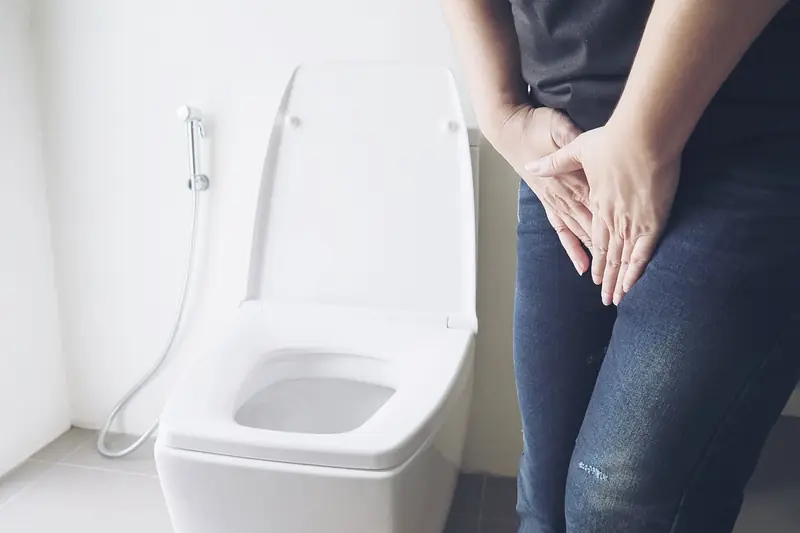
Have you ever wondered how many times you need to get up at night to empty your bladder, considering your age? And are you doing it more often than you should?
Meanwhile, medical professionals assert that needing to urinate at least once during the night is not unusual if you’re under 60 years old.
Experts explain that nocturia—frequent urges to urinate at night—can be caused by a variety of factors.
Among these are excessive alcohol consumption before bed or too many caffeinated beverages throughout the day. However, as Dr. Davina Richardson from the British charity Bladder and Bowel UK points out, frequent trips to the bathroom often indicate more serious issues.
What Should You Pay Attention To?
Excessive nighttime bathroom visits can signal a range of health problems, from minor urinary tract infections to more serious conditions like diabetes, high blood pressure, prostate cancer, and even heart disease.
Medical professionals note that the threshold for what is considered normal changes with age.
According to experts from the National Health Service (NHS) in the UK, for individuals over 70, waking up twice a night to urinate is perfectly normal.
However, for those aged 90 and above, that number can rise to four times a night, as reported by the Daily Mail.
What Could Explain This?
The reason is that as we age, our bodies produce less of the so-called antidiuretic hormone (ADH), which helps regulate the amount of water retained in the body and prevents dehydration.
But if the frequency of bathroom visits is accompanied by other symptoms, it could be a cause for concern.
Intense thirst, weight loss, blurred vision, and frequent urges to urinate can be signs of diabetes. According to NHS experts, this occurs because high blood sugar levels increase thirst, prompting the need to drink at least a glass of water, which leads to more nighttime trips to the bathroom.
If increased urination is also accompanied by chest pain, swollen ankles, and sweating, it could indicate heart disease. These conditions can lead to poor circulation, which in turn may cause swollen ankles. Extra fluid is reabsorbed back into the bloodstream and filtered by the kidneys, increasing the need for additional nighttime bathroom visits, NHS experts explained.
Frequent urination can also be a warning sign of a urinary tract infection, according to specialists at Bladder and Bowel UK. These infections are often accompanied by burning sensations, and the urine may appear cloudy and have an unpleasant odor.
Other causes include kidney stones, an overactive bladder, certain medications, and sleep disturbances. Ms. Richardson noted that nocturia can significantly disrupt sleep, which can negatively impact daytime functioning and overall quality of life.
Treatment recommendations for nocturia include limiting caffeine, carbonated drinks, and alcohol intake, avoiding large amounts of fluids in the evening, and steering clear of high-protein meals, especially at night.
Additionally, the NHS advises those who frequently visit the bathroom at night to drink their last glass of water no later than 8 PM.
Experts also emphasize the importance of drinking a glass of water in the morning. If you forget, make sure to do it by lunchtime at the latest.
Nocturia can also be associated with poor sleep. A person is more likely to respond to nighttime urges if they are not sleeping well or are in a light sleep state.
Regardless, if you find yourself going to the bathroom more often than usual, it’s best to consult a doctor.
